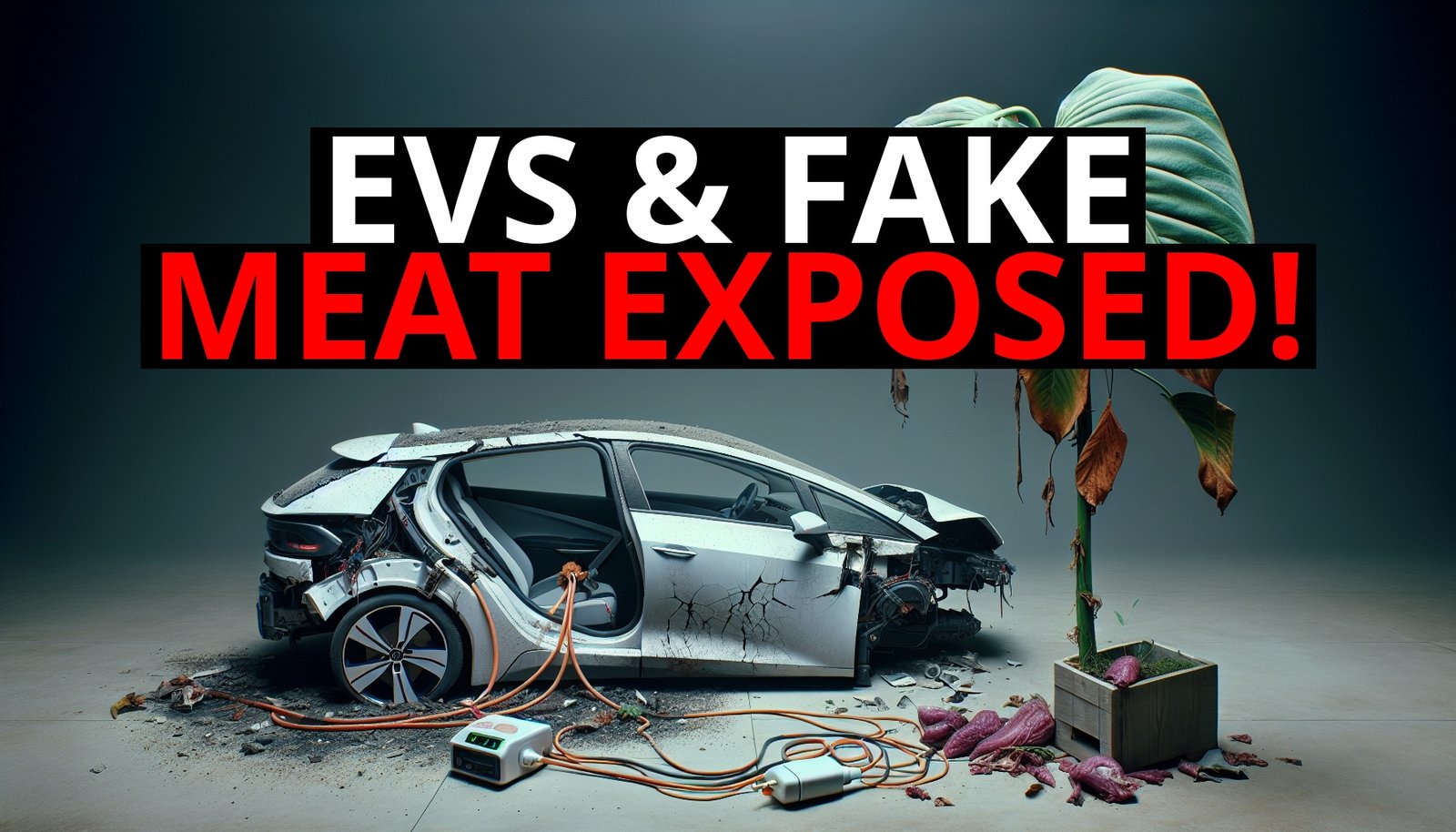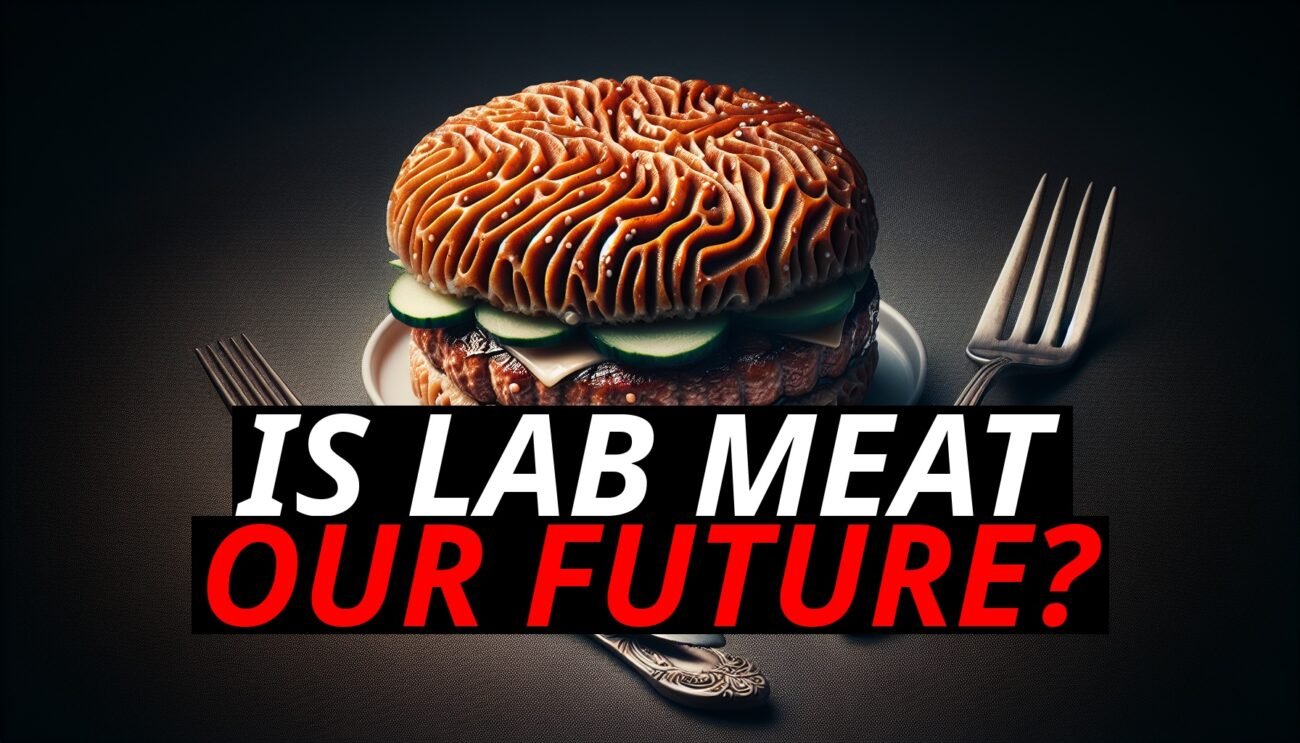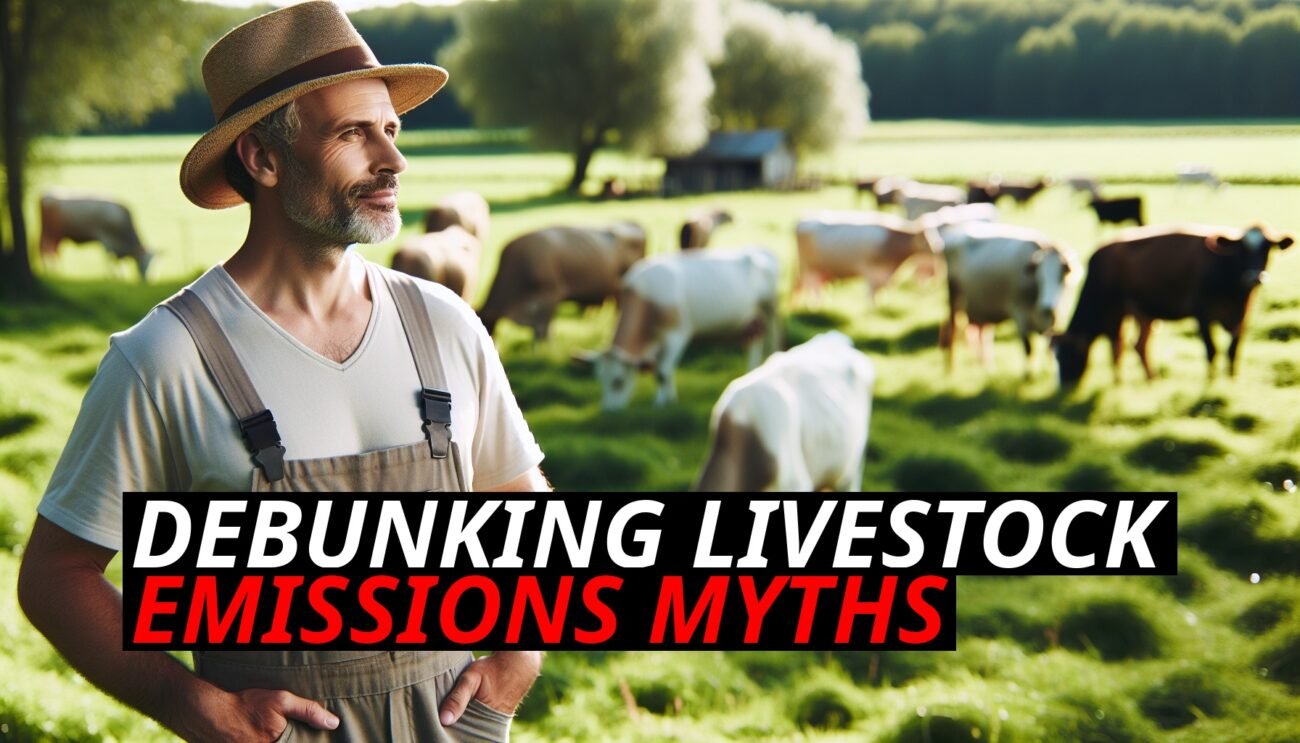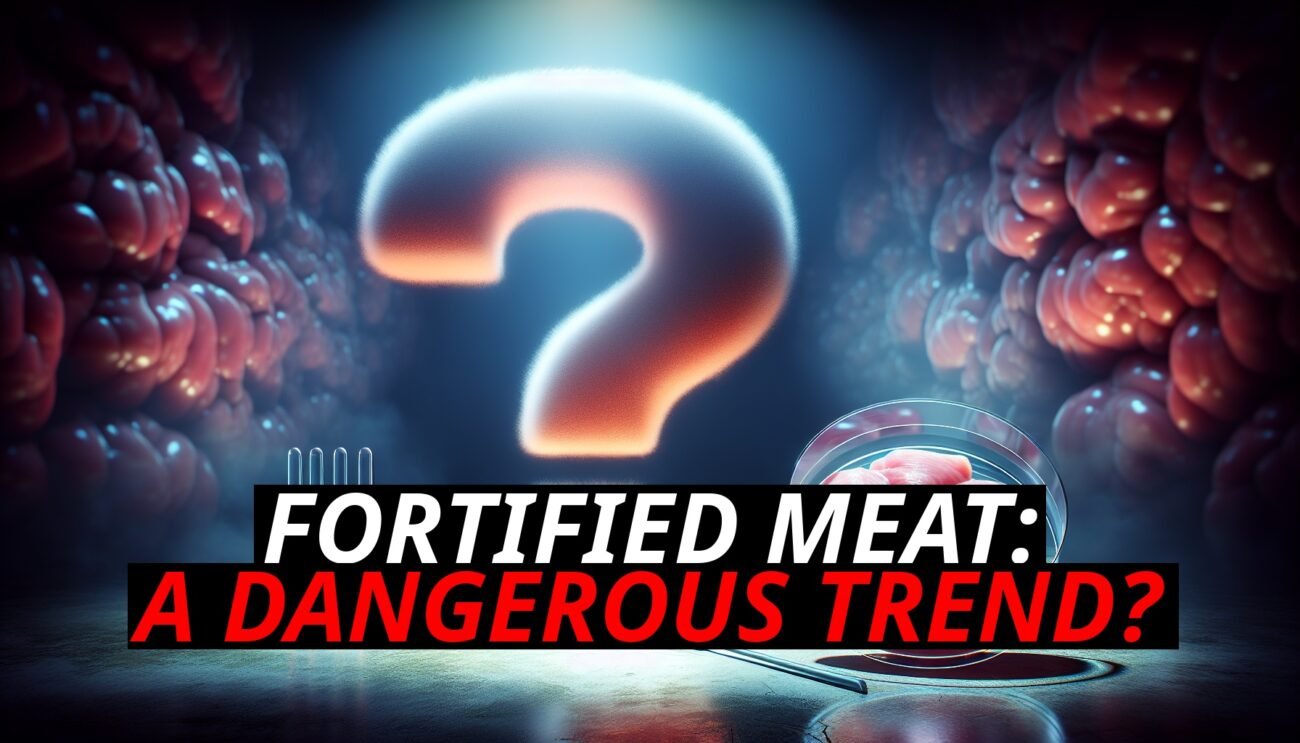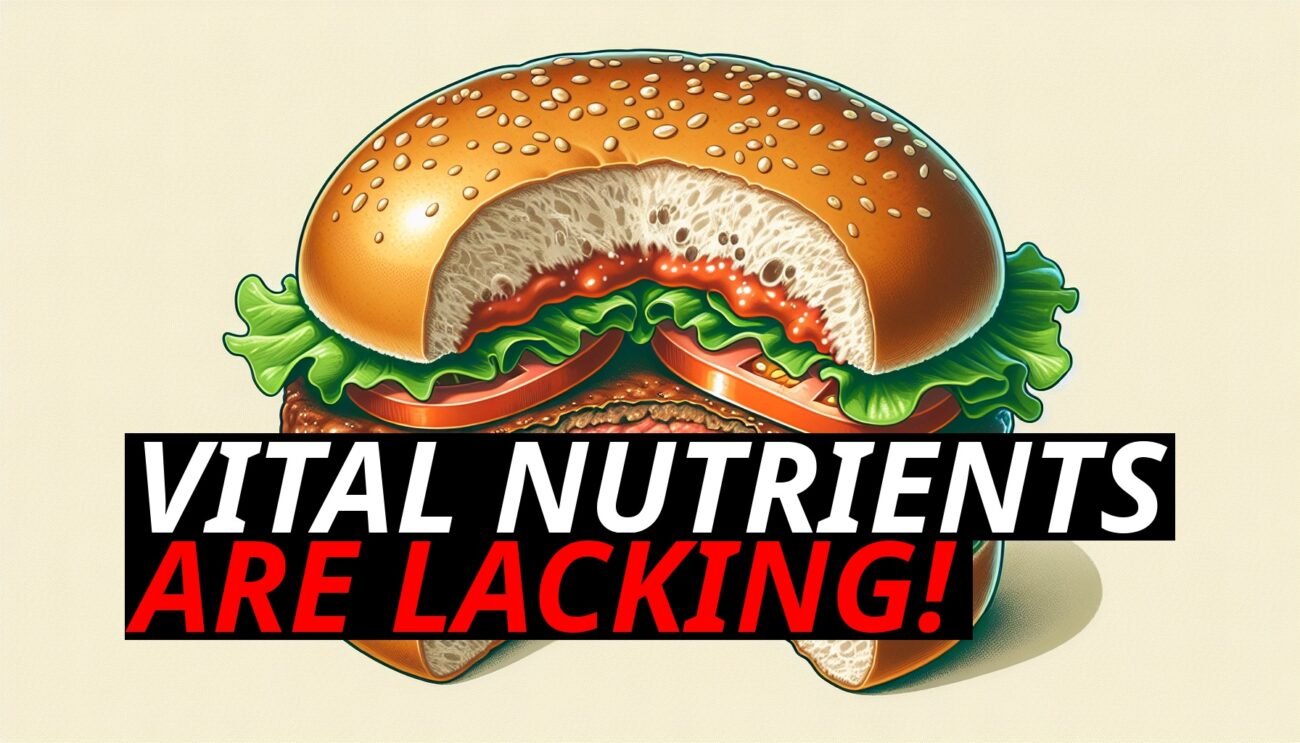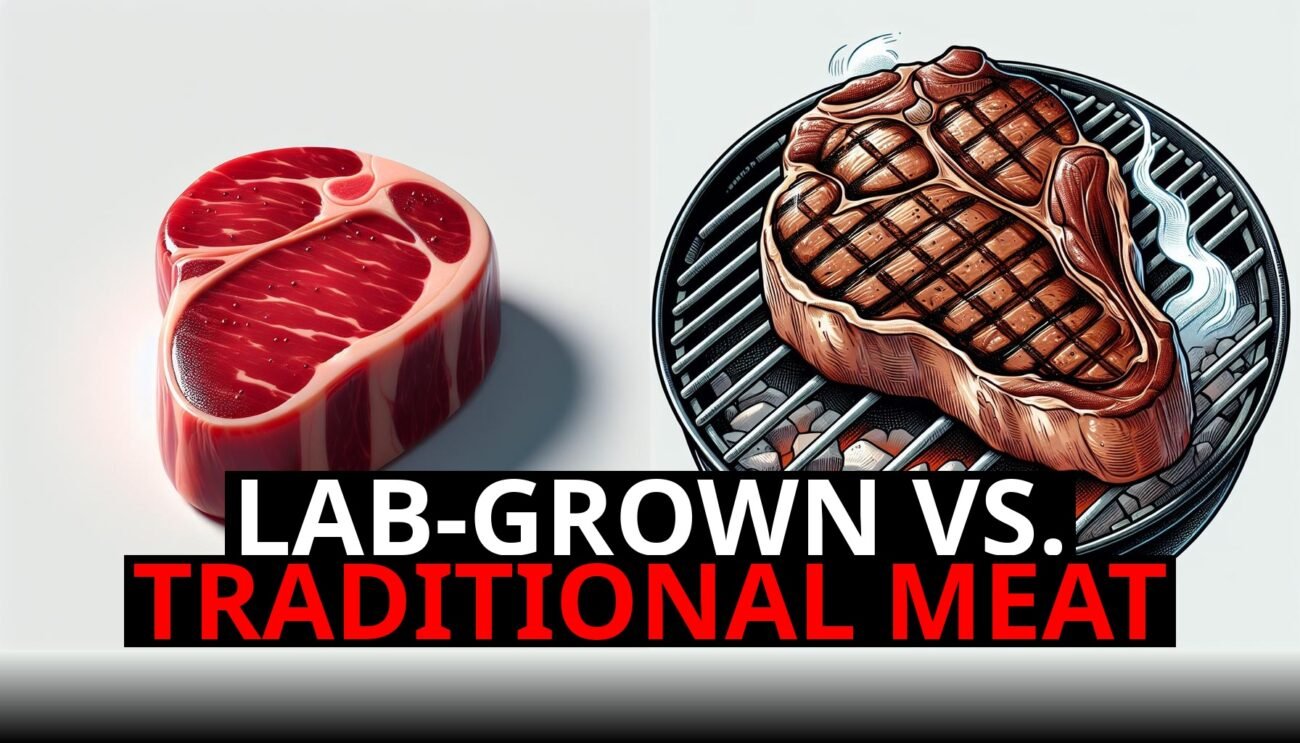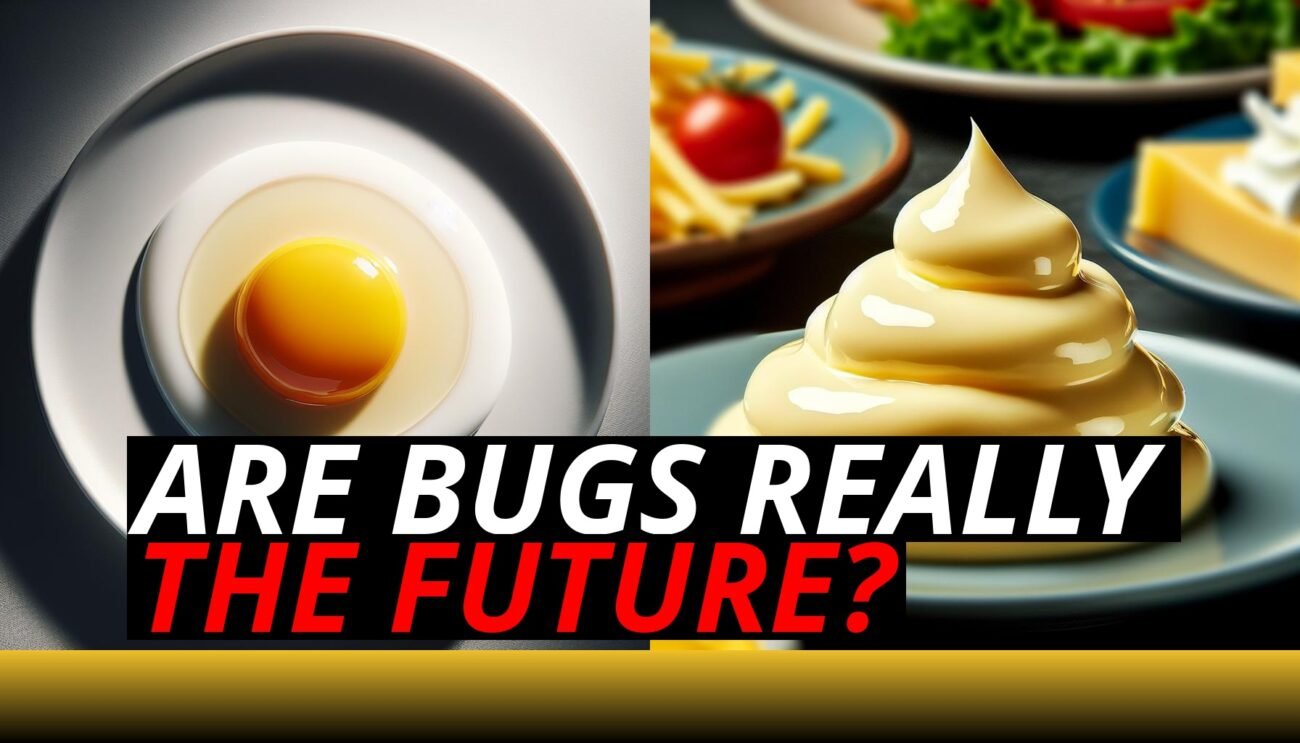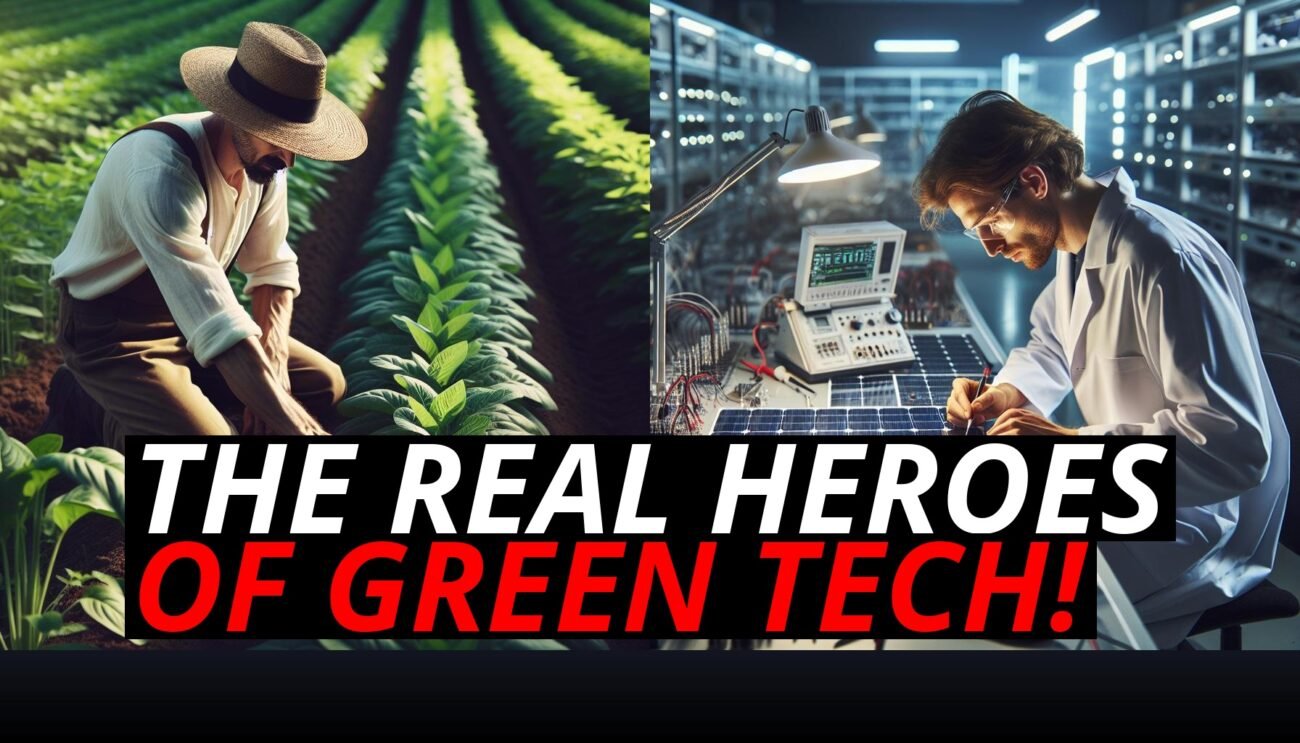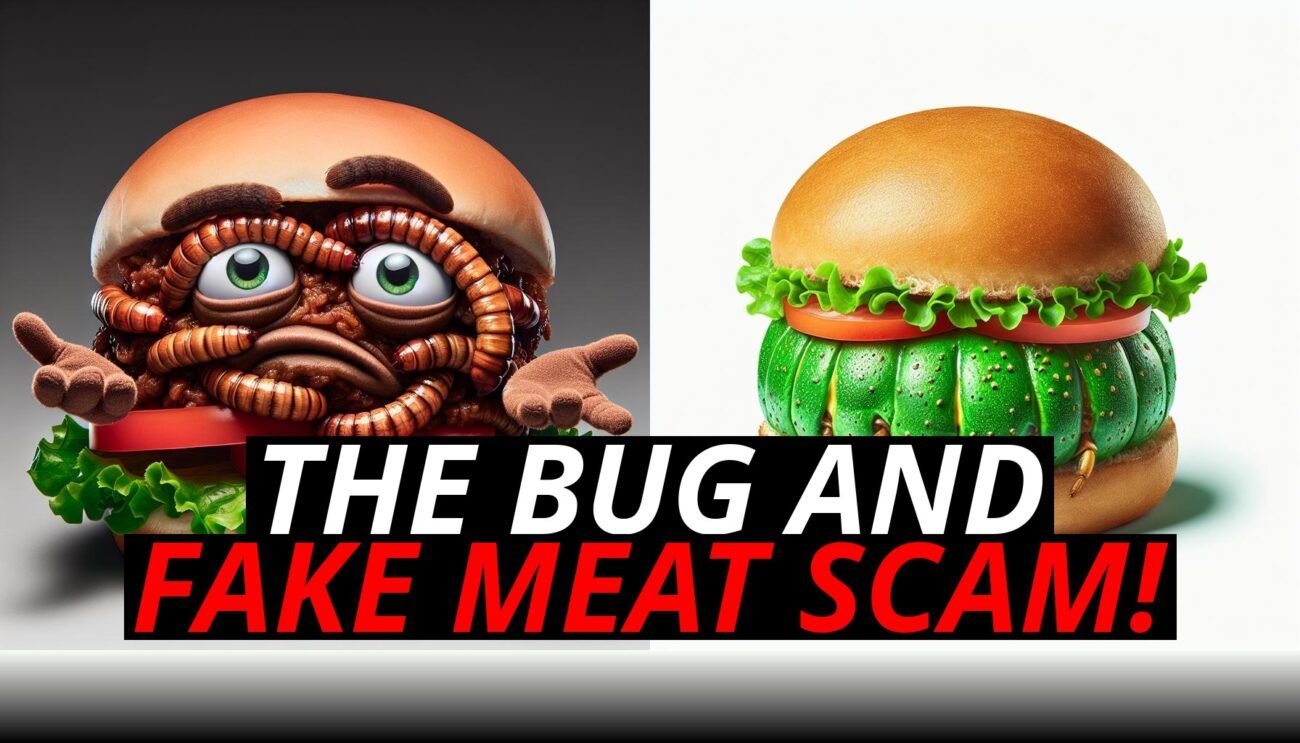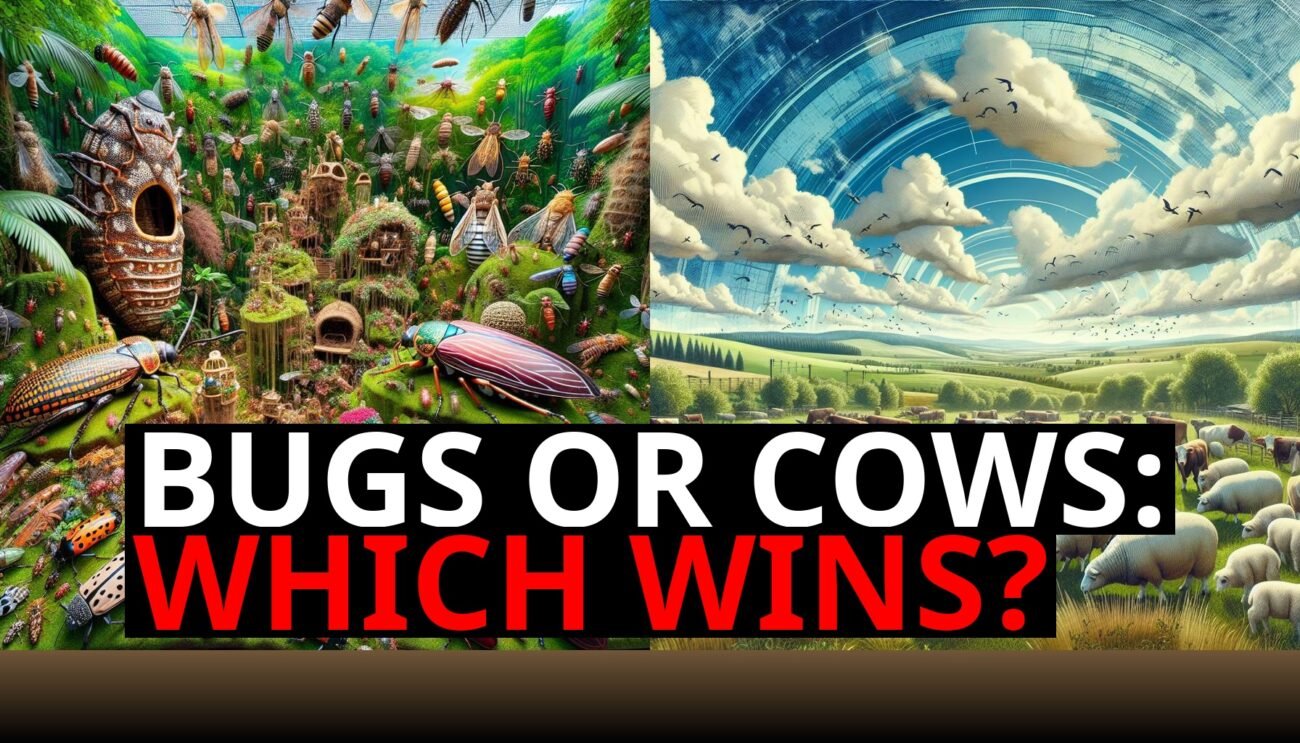Imagine you’re at a party, and everyone’s raving about how they’ve ditched their gasoline cars for electric vehicles (EVs) and swapped their burgers for plant-based patties. The room feels like a victory lap for saving the planet. But here’s the twist: while they’re patting themselves on the back, you know the truth—these so-called “green solutions” aren’t all they’re cracked up to be. In fact, electric vehicles and fake meat are falling flat, and the average consumer is the one left holding the bag. Let’s dive into how these overhyped products fail to deliver and, in many cases, end up being unwanted despite the massive marketing push.
Electric Vehicles: The Green Dream That Fizzles In Reality
Electric vehicles promised to be the game-changer for transportation—cleaner, greener, and more cost-effective. But when the rubber meets the road, the experience is often far from what was promised.
Battery Degradation and Hidden Costs: One of the biggest selling points of EVs is that they’re supposed to be cheaper to maintain. No oil changes, fewer moving parts—what’s not to love? But that’s only part of the story. Over time, EV batteries degrade, and replacing one can cost you thousands of dollars. The longer you own the car, the less range you get from a single charge, meaning you’re paying more in charging costs for less performance.
Charging Infrastructure Woes: Imagine pulling into a charging station, only to find that all the spots are taken—or worse, that the station is out of service. The charging infrastructure for EVs is still playing catch-up, and for many people, especially those in rural areas, finding a charging station can be a challenge. Even in urban areas, fast chargers are in high demand, which means long waits and higher costs if you need a quick charge.
It turns out that EVs might not be as convenient or cost-effective as they were sold to be, leaving many drivers stuck between high maintenance costs and the hassle of keeping their car charged.
Fake Meat: Processed, Overpriced, And Overhyped
While electric vehicles have been sold as the future of transportation, fake meat has been heralded as the future of food. But much like EVs, the truth behind plant-based meat alternatives isn’t as juicy as the marketing suggests.
Highly Processed and Full of Additives: Fake meat is often touted as a healthy, eco-friendly alternative to animal products. However, these products are typically highly processed and packed with ingredients you can barely pronounce. Far from being a natural, healthy choice, fake meat is often loaded with additives to replicate the texture and flavor of real meat. For consumers looking for something truly sustainable and healthy, this just isn’t it.
Expensive and Unsatisfying: The price tag on fake meat is another major issue. Despite being marketed as a long-term solution for feeding the planet, these products are often more expensive than their real meat counterparts. To make matters worse, many people report that fake meat doesn’t taste as good or satisfy them in the same way, leading to an unsatisfactory eating experience at a higher cost. It’s no wonder that many consumers are turning away from these overhyped products.
Virtue Signaling Vs. Real Solutions
Both EVs and fake meat have something in common—they’re the darlings of virtue signaling. Whether it’s politicians pushing electric cars or food companies flaunting their latest plant-based creation, the focus is often more on appearing eco-friendly than on providing real, sustainable solutions.
Top-Down Push: Governments and corporations alike have been pushing for more production of EVs and fake meat, but not because consumers are asking for them. Instead, it’s about meeting production quotas and showing off a green image. The result? Products that are pushed onto the market not because they solve a pressing problem, but because they make the people in charge look good.
Disconnected from Consumer Needs: The average consumer isn’t looking for the most complex, high-tech solution—they want products that are practical, affordable, and effective. EVs with their high upfront costs, expensive battery replacements, and unreliable charging infrastructure just don’t cut it for most people. Similarly, fake meat, with its high price and heavily processed ingredients, is a tough sell for consumers looking for simple, natural foods.
Unwanted By The Developing World
Here’s the kicker: even in developing countries where access to affordable, sustainable solutions is most critical, neither EVs nor fake meat is finding a welcome home. These countries need practical solutions, not over-engineered technologies that are expensive to maintain and difficult to use.
EVs as a Burden: Developing nations don’t have the charging infrastructure or the expertise to maintain EVs, especially when batteries start degrading. They’re often expensive to repair, and the cost of replacing the battery is far beyond what most people can afford. This makes second-hand EVs a burden rather than a solution.
Fake Meat Fails to Impress: Likewise, the idea of shipping processed fake meat to developing countries is met with skepticism. Many of these regions rely on traditional farming methods that are already sustainable and in harmony with the environment. Introducing a highly processed, expensive alternative that requires industrial-level production just doesn’t make sense.
What Consumers Really Want: Practical, Affordable, And Effective
At the end of the day, the average consumer—whether in a developed or developing country—wants practical solutions that don’t break the bank or require a PhD in engineering to maintain. EVs and fake meat, for all their marketing, fail to meet these simple criteria.
The Call for Real Solutions: What people need are products that are genuinely sustainable, affordable, and easy to integrate into daily life. That means focusing on improving fuel efficiency in traditional cars, supporting regenerative agriculture, and developing real renewable energy solutions that don’t require massive infrastructure overhauls.
The bottom line is this: virtue signaling won’t save the planet, and overhyped products that don’t meet the needs of consumers will eventually be left by the wayside. It’s time to stop chasing trends and start focusing on solutions that work for everyone—not just those looking for the next green badge of honor.

